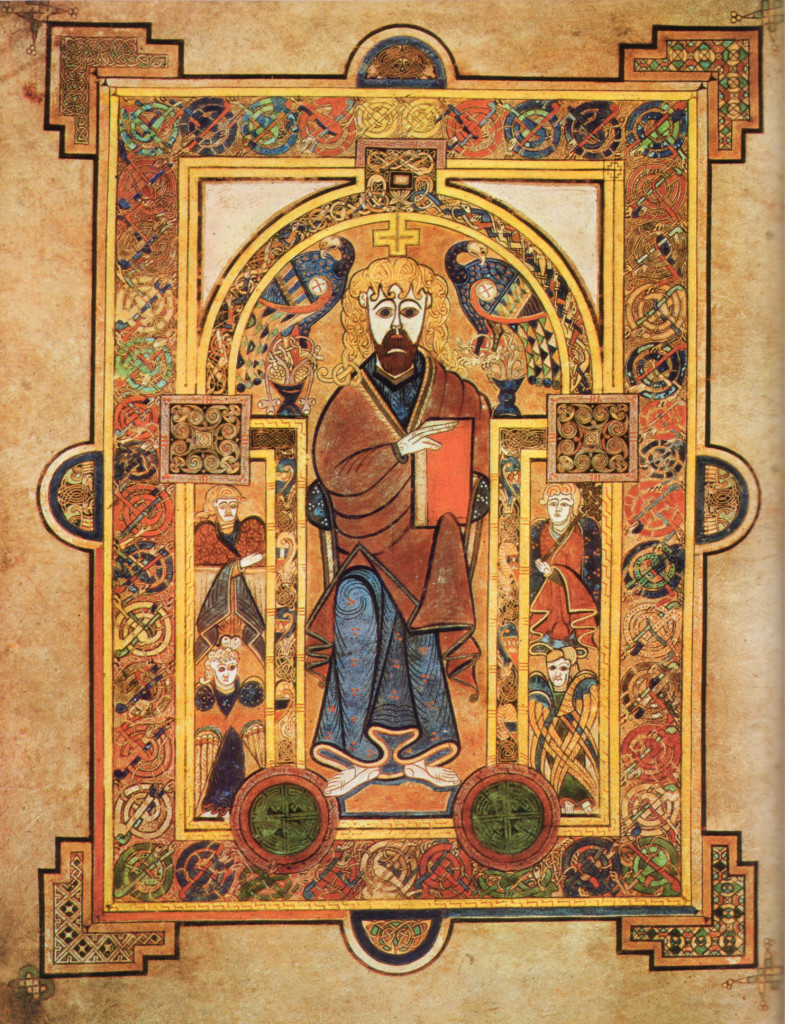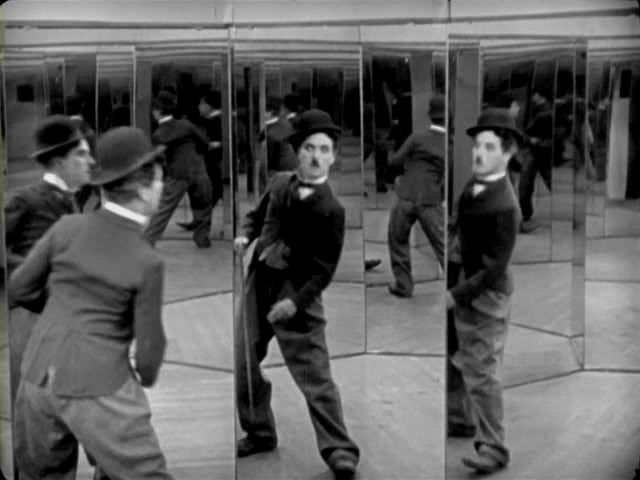I was feeling flat and tired one day when a Goshen college choir came on the radio to sing a rousing version of this hymn. The crowd roared their approval, and I too was energized. Turned around, if you will. The lyrics seem to me a curious mix of fury and tenderness, but not unlike the world itself. Perhaps that’s why people vary the tempo so much when they sing it. Meanwhile, I did find the creator’s blog and I’ll quote his thoughts below.
The idea of “turning” in the title was both a nod to the inner conceit of “revolution,” (derived from the Latin “volvere,” which means “to turn”) and to the message of Jesus’s preaching in all three of the synoptic gospels, the core message of which was, “Repent, and believe the good news.” “Repent” translates a Greek verb the noun form of which is metanoia, that is to say, a complete change of the self, of mind and heart, which might also be rendered as “turn around.” — Rory Cooney
Canticle of the Turning
Author: Rory Cooney
Tune: STAR OF THE COUNTY DOWN
1. My soul cries out with a joyful shout
that the God of my heart is great,
And my spirit sings of the wondrous things
that you bring to the ones who wait.
You fixed your sight on your servant’s plight,
and my weakness you did not spurn,
So from east to west shall my name be blest.
Could the world be about to turn?
Refrain
My heart shall sing of the day you bring.
Let the fires of your justice burn.
Wipe away all tears, for the dawn draws near,
and the world is about to turn!
2. Though I am small, my God, my all,
you work great things in me,
And your mercy will last from the depths of the past
to the end of the age to be.
Your very name puts the proud to shame,
and to those who would for you yearn,
You will show your might, put the strong to flight,
for the world is about to turn.
3. From the halls of power to the fortress tower,
not a stone will be left on stone.
Let the king beware for your justice tears
ev’ry tyrant from his throne.
The hungry poor shall weep no more,
for the food they can never earn;
There are tables spread, ev’ry mouth be fed,
for the world is about to turn.
4. Though the nations rage from age to age,
we remember who holds us fast:
God’s mercy must deliver us
from the conqueror’s crushing grasp.
This saving word that our forebears heard
is the promise which holds us bound,
‘Til the spear and rod can be crushed by God,
who is turning the world around.



